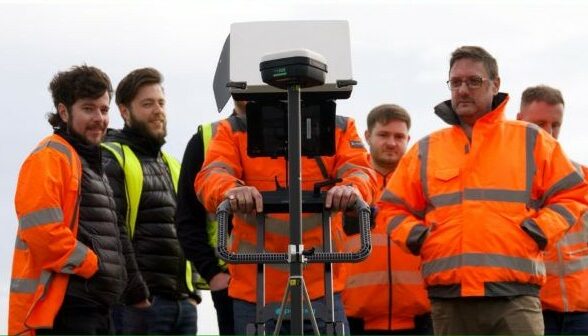Day 1: Fundamentals and Principles
The course begins with GPR background, regulatory framework, and UK licensing requirements. Delegates explore core electromagnetic wave principles - wavelength, frequency, amplitude, and phase - alongside critical concepts like dielectric constants, wave velocity, and attenuation factors that determine survey success.
Equipment familiarisation covers the three main GPR system categories: technology types (impulse vs CWSF), coupling methods (ground vs air-coupled), and coverage systems (single channel vs array). The session progresses to data visualisation methods, from basic A-scans through 2D B-scan profiles to advanced 3D datasets and C-scans.
Day 2/3: Professional Survey Design and Delivery
Days 2 and 3 focus on practical survey design, developing comprehensive survey specifications from client requirements and relevant standards, particularly PAS 128. Delegates learn the four PAS 128 survey categories, detection methodologies , and quality levels.
Equipment selection principles cover the "golden rule" of frequency selection, exploring how wavelength governs depth penetration and resolution trade-offs. The course examines ultra-wide band antennas, multi-channel systems, array technologies, and dual polarisation concepts as well as survey positioning methods.
Practical sessions include GPR collection using pedestrian operated systems utilising grid as well as free path scanning methods.

